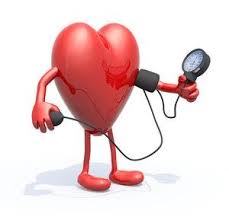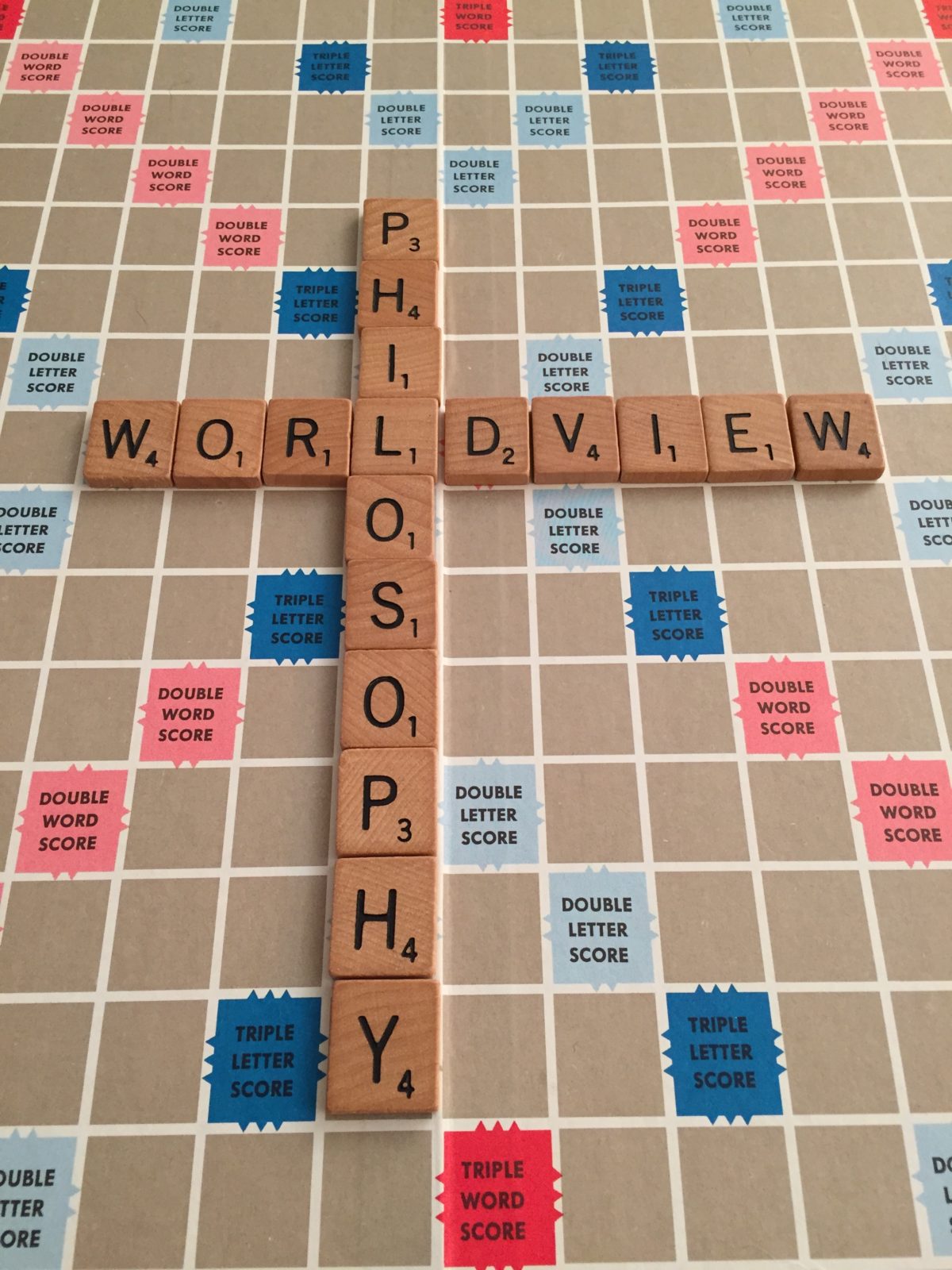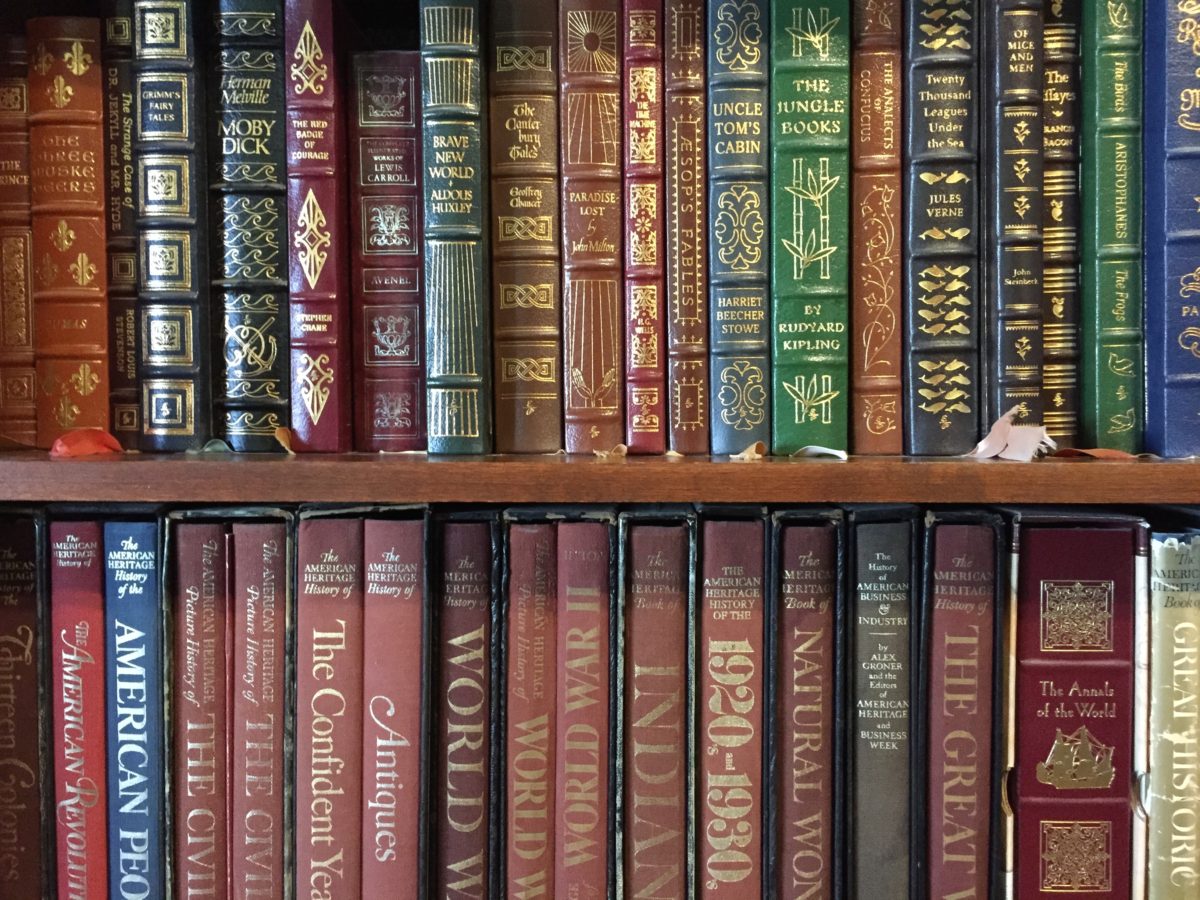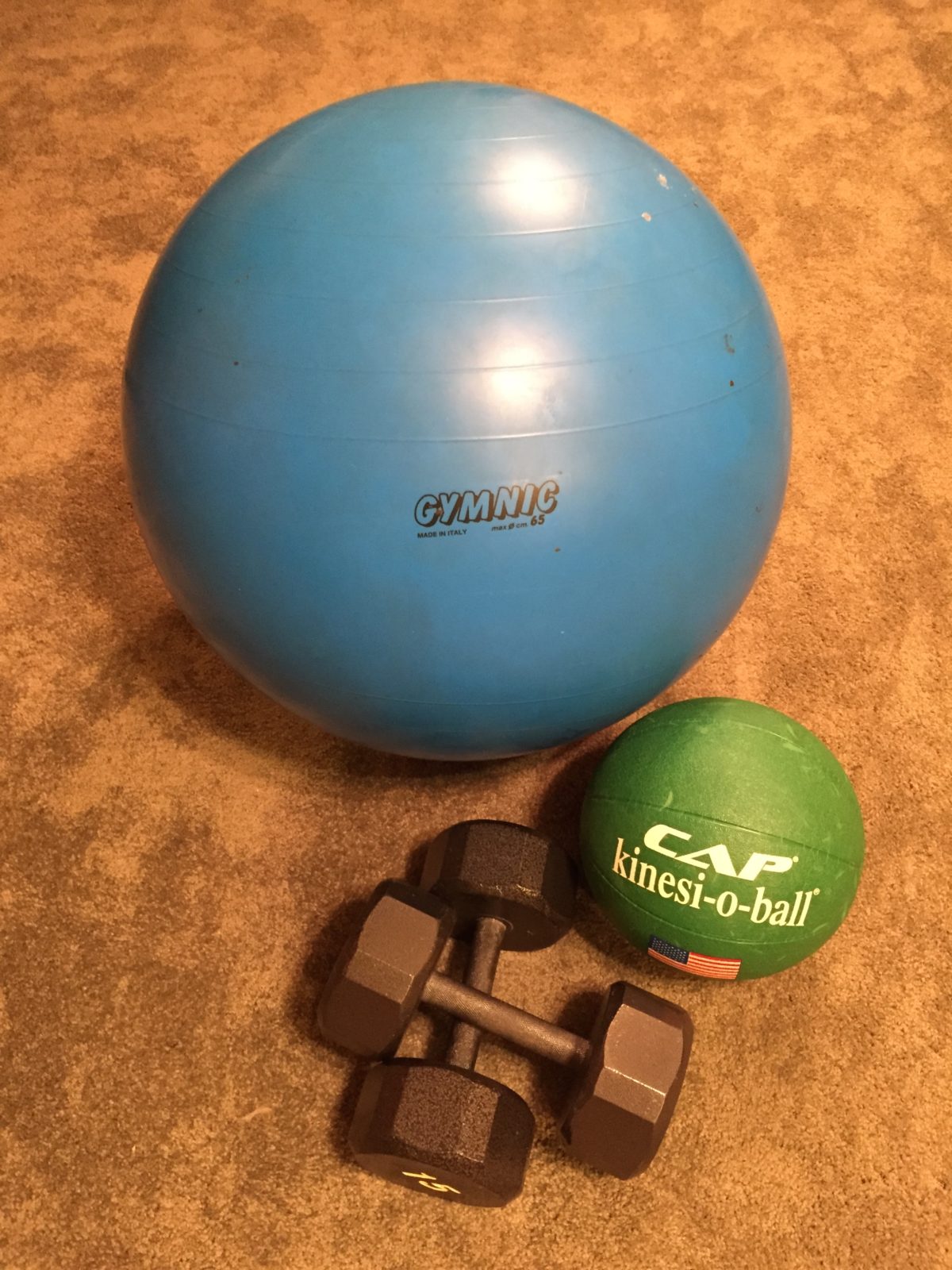Knowing your baseline measurements for blood pressure, resting heart rate, weight and body circumference measurements and resting breathing are pillars you’ll build on as you proceed in your health and fitness program. Each of them is critical to knowing how fit you are now and how fit you want to be, and they’ll also help gauge whether or not your fitness program is working for you. Today we’ll look at the significance of blood pressure to good health and learn what’s considered to be normal. You’ll be able to take the measurements you took from last Wednesday’s blog post to lay more sturdy bricks on your exercise and health foundation.
Let’s get started!
BLOOD PRESSURE
What exactly does blood pressure mean?
In a nutshell, blood pressure gives you an idea of how hard your heart is functioning or working both when it pumps out blood to the body and when it’s in its “resting” phase. Pump-rest-pump-rest-pump-rest… It also gives you an idea about the potential health and resiliency of your blood vessels.
The reading you get with the blood pressure cuff tells you two things: 1) the output of blood in millimeters of mercury when the heart contracts and forces blood out of it through the aorta to be circulated through the body; and 2) how hard your heart—in pressure output—is working at rest, or in the relax phase of its pumping. The top number pressure (pumping) is known as the systolic pressure. The smaller, or bottom number (resting pressure), is called the diastolic pressure.
So what’s normal blood pressure?
The American Heart Association (AHA) considers normal blood pressure to be above 90/60 and below 120/80. But only one—not both—of these numbers has to be high or low for your blood pressure to be considered out of the normal range.
For example, if you have a 130/80 reading, that would be considered in the pre-high blood pressure range. If you had 120/90, that would also fall in the pre-high blood pressure category. (At the end of this post, I’ve provided a link to a United Kingdom site that provides a great blood pressure rating graph you can download.)
Factors influencing blood pressure
Many factors affect blood pressure, including smoking, illness, age, exercise, genetics, food, and weight. (Yes, certain foods can tweak your blood pressure. Beets are a popular food item right now because they have been found to lower blood pressure.) Lower blood pressure indicates you have less risk of stroke or heart disease. But blood pressure usually goes up as you age. The “average” blood pressure reading for a 60-64-year old is 134/87mmHg.
Why does it go up? As we age, our vessels lose some of their elasticity—their ability to bounce back to normal shape—so the heart has to work harder to keep the pipes properly filled and the system oxygen-plenished.
And did you know that 1 out of 3 people in the United States has what is considered to be high blood pressure? That’s a whopping 30% of us!
Best time to take your blood pressure
The best times to take it are first thing in the morning before eating or taking medication and then again in the evening before bed. If you take it while lying down, it will likely be lower because your heart does not have to work as hard while you’re in the lying down position. It also goes to its lowest point when sleeping and then begins to go back up again a few hours before you wake up. Then it continues to rise during the day until peaking in the afternoon and heading back down.
The importance of the pulse difference
Another important number to consider is what is called the pulse difference. That’s the number you get when subtracting the bottom number (diastolic pressure) from the top (systolic pressure).
Let’s say you have a 120/90 blood pressure reading. Your systolic pressure (output at work) looks good, as it’s at the high end of what is considered normal.
But what about that number 90 for the resting phase? It’s at the high end of pre-high blood pressure. A tick over to 91, and you’ve entered the high blood pressure range. Rather than a 40-point pulse difference, like you would find in a 120/80 reading, you now only have 30. That means your heart has to work harder than it should in the resting phase. In other words, it’s not getting to relax as much as it needs to.
Another term exercise physiologists and doctors use is stroke volume, the amount of blood pumped from the heart in one beat. A lower systolic number means not as much blood is being pushed out in that one stroke. But when you start exercising, the amount of blood being pumped out in one stroke increases, while the resting pressure remains about the same. That resting pressure may even decrease somewhat due to the vessels themselves dilating in size. The resistance of the vessels to blood flow also decreases, allowing for more blood to flow. So you can see that the pulse difference gets larger during exercise, which is normal.
Knowing what your normal blood pressure is important for a variety of reasons. What’s normal for you may not fall in the “normal” range, and you need to be able to convey that to your health care workers when necessary.
Case Study
A couple of weeks ago, I ended up in the emergency room of one of our local hospitals with what was later diagnosed as a severe episode of vertigo. It was difficult to diagnose because it didn’t come with the classic symptom of the room spinning in circles. Instead, I kept veering off to the left when trying to walk a straight line. When I arrived at the urgent care facility, my blood pressure zoomed in around 138/80. That didn’t set off any alarm bells for the doctor and nurse, but it set them to clanging like gongs to me.
Why? Because I have VERY low blood pressure. Since high school, my number has hovered around 90/58. On a bad day, it may creep up to 98/60. It’s so low they won’t let me give blood because they’re afraid I’ll faint after donating. It also poses a problem in our skin-shriveling Southwestern heat, and I need to drink more water than the average person to keep the blood flowing well through the pipes.
When I arrived at the hospital (where the doctor sent me), the physician’s assistant wheeled her little office chair around to look at me and say, “Wow. Low blood pressure. You must exercise a lot!” After hearing it still hovered around 138/80, I told her that was way too high for me. I knew something wasn’t right, but they had me categorized as “normal” for a sixty-year-old woman. And I didn’t feel anxious, which can raise the pressure. I felt sick! And I felt sick for a couple days. For some reason, my heart was in high gear. No one seemed to know why. All of the heart and blood tests for a possible heart attack came back normal. But that high number told me something important: I needed to take a break and give it a rest. That meant I pretty much lounged around that night and the following day.
Three days later, when I checked in with my regular doctor, my pressure was back to my normal. Something had been going on, but I had to continually point out that what they thought was normal, wasn’t.
Know your vitals in the area of blood pressure and resting heart so you have a normal baseline measurement for you.
Homework
For this next week, enjoy some exercise, strenuous physical work or gardening and see how your blood pressure changes. Pay attention to both numbers and note if the pulse difference changes. Also see what happens after a meal, especially a big one. Note the differences in your journal. You may see a pattern occurring. And you may start getting an idea of what you need to change to get closer to normal. We’ll talk more about this tracking in later posts.
Until next Wednesday, enjoy your beating heart! We’ll look at heart rate next week.
Blessings,
Andrea
May you prosper in all things and be in health, just as your soul prospers (3 John 2).
Photo courtesy of Google Images
Blood Pressure Chart UK: http://www.bloodpressureuk.org/BloodPressureandyou/Thebasics/Bloodpressurechart




